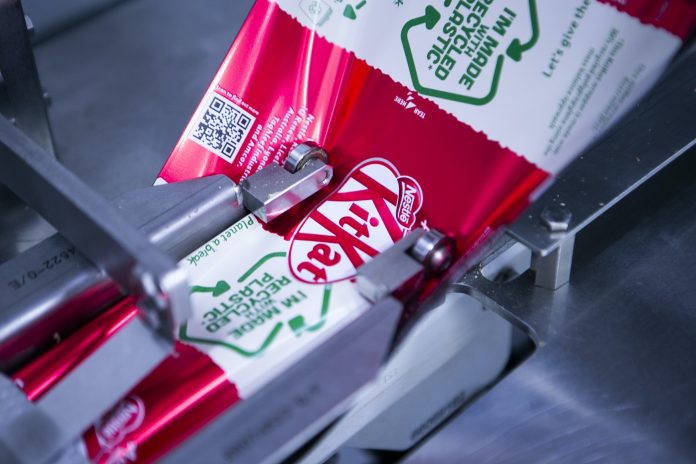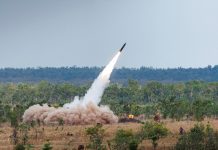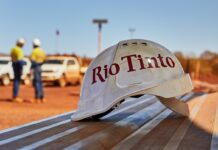
Media Release
Viva Energy is joining forces with a host of other Australian manufacturers in a project to reduce the amount of plastic food wrappers and other soft plastics that end up in landfill.
Viva Energy’s Geelong Refinery is going to play a crucial part in the pilot program which has the potential to create new life for soft plastics, such as the packets commonly used for bread, biscuits, lollies and snack foods.
Currently, these products cannot be recycled in Australia, and manufacturers are facing the prospect of having to import recycled material in order to meet the National Packaging Target to have 50% recycled plastic in their packaging by 2025.
In a pilot program being led by Australian food manufacturer Nestlé, soft plastics which were collected, sorted and cleaned were then converted by local technology startup Licella into liquid Plasticrude – a synthetic crude oil consisting of 100% recycled plastic.
The Plasticrude has been fed into Viva Energy’s Geelong Refinery where it was processed in the Residual Catalytic Cracking Unit (RCCU) to turn it into the basis of the polymer products created by another Australian manufacturer, LyondellBasell.
The food-grade propylene created by LyondellBassell was used by Taghleef Industries to create a metallised film, which was used by Australian packaging giant Amcor to create the prototype KitKat wrapper, before delivery to Nestlé which wrapped and distributed the much-loved chocolate delicacy we all know so well.
This pilot program pulls together the unique talents and capabilities of seven Australian manufacturers and proves this country has the infrastructure and the capability to recycle soft plastics.
Viva Energy is excited to be a part of this innovative project, which demonstrates the refinery can have a significant part to play in Australia’s journey towards a circular economy with zero waste.
This project fits well with Viva Energy’s vision for an Energy Hub in Geelong, broadening the role of the refinery and proving its infrastructure has the potential for a long future with relevance that extends beyond the role it plays in producing the liquid fuels that keep this country moving.
Lachlan Pfeiffer, Viva Energy Executive General Manager Legal and External Affairs, said the project is a clear demonstration of the importance of the valuable infrastructure and technical know-how that exists at Geelong Refinery and shows how critical refining is to so many aspects of life in Australia.
“We are delighted to be part of this important pilot program which could provide a roadmap to the future for Australian manufacturers that rely on soft plastics for the packaging of their products,” Mr Pfeiffer said. “Australians need to be doing more to reduce the amount of soft plastic waste that ends up in landfill and the only way we can do that is through broader collection and recycling of soft plastics. This project is a good way to start the discussion to make that a reality.”




















